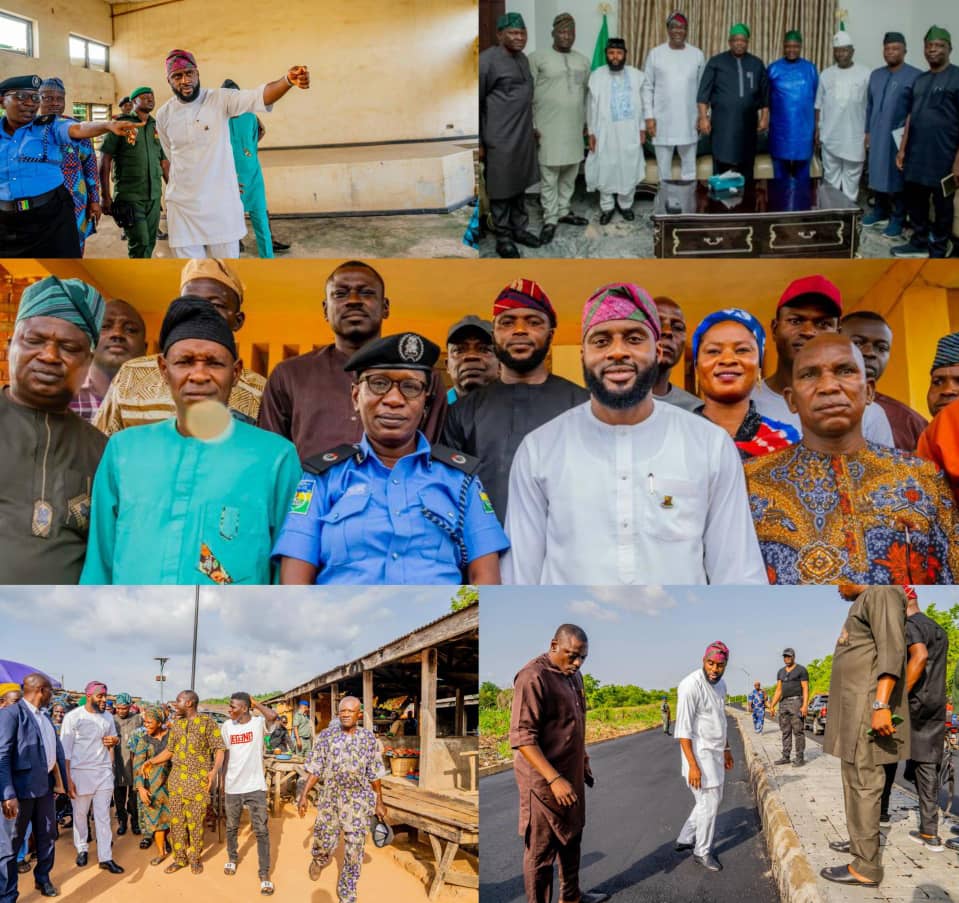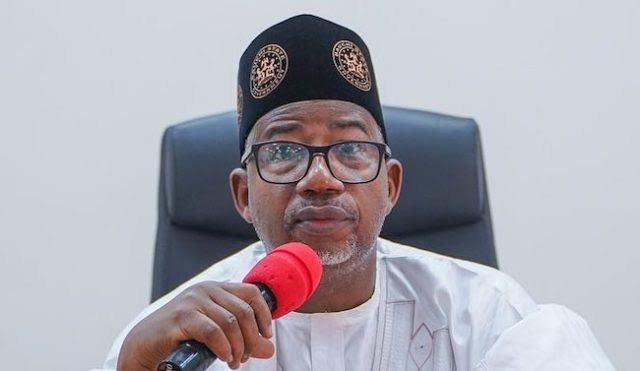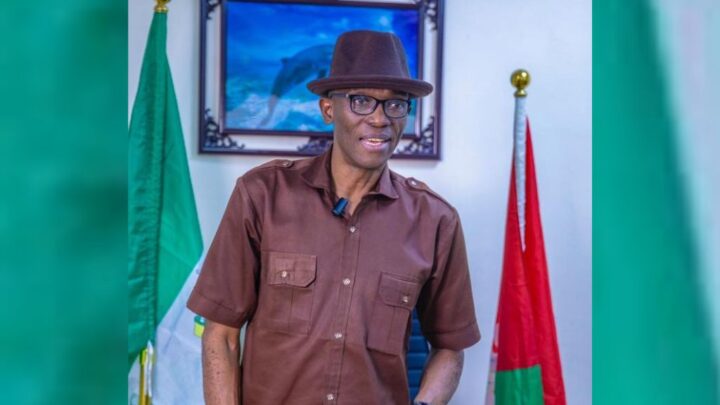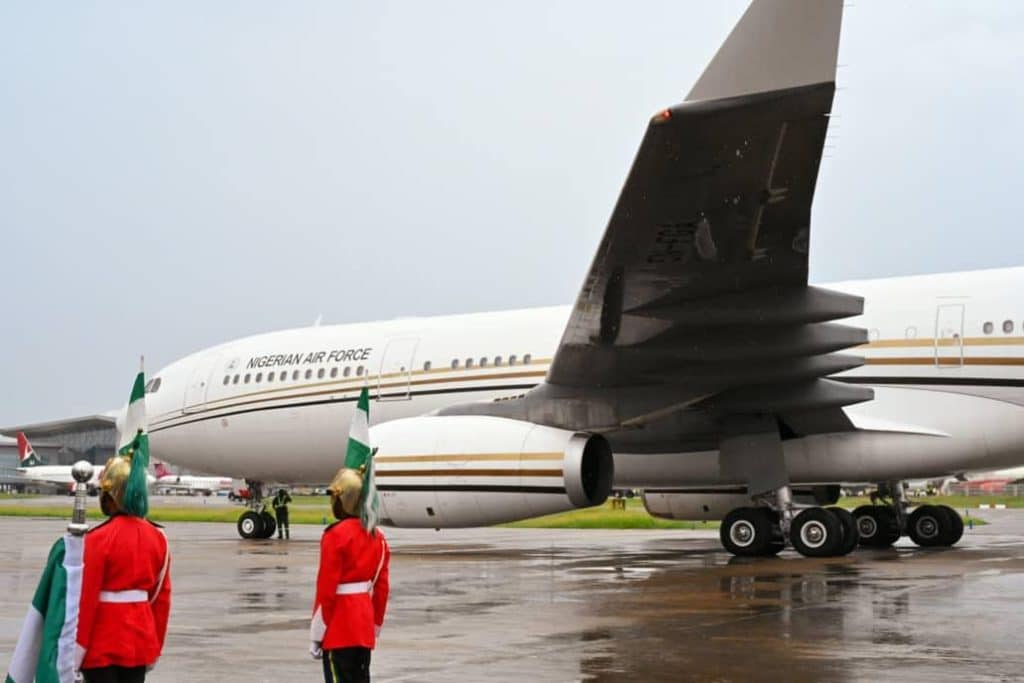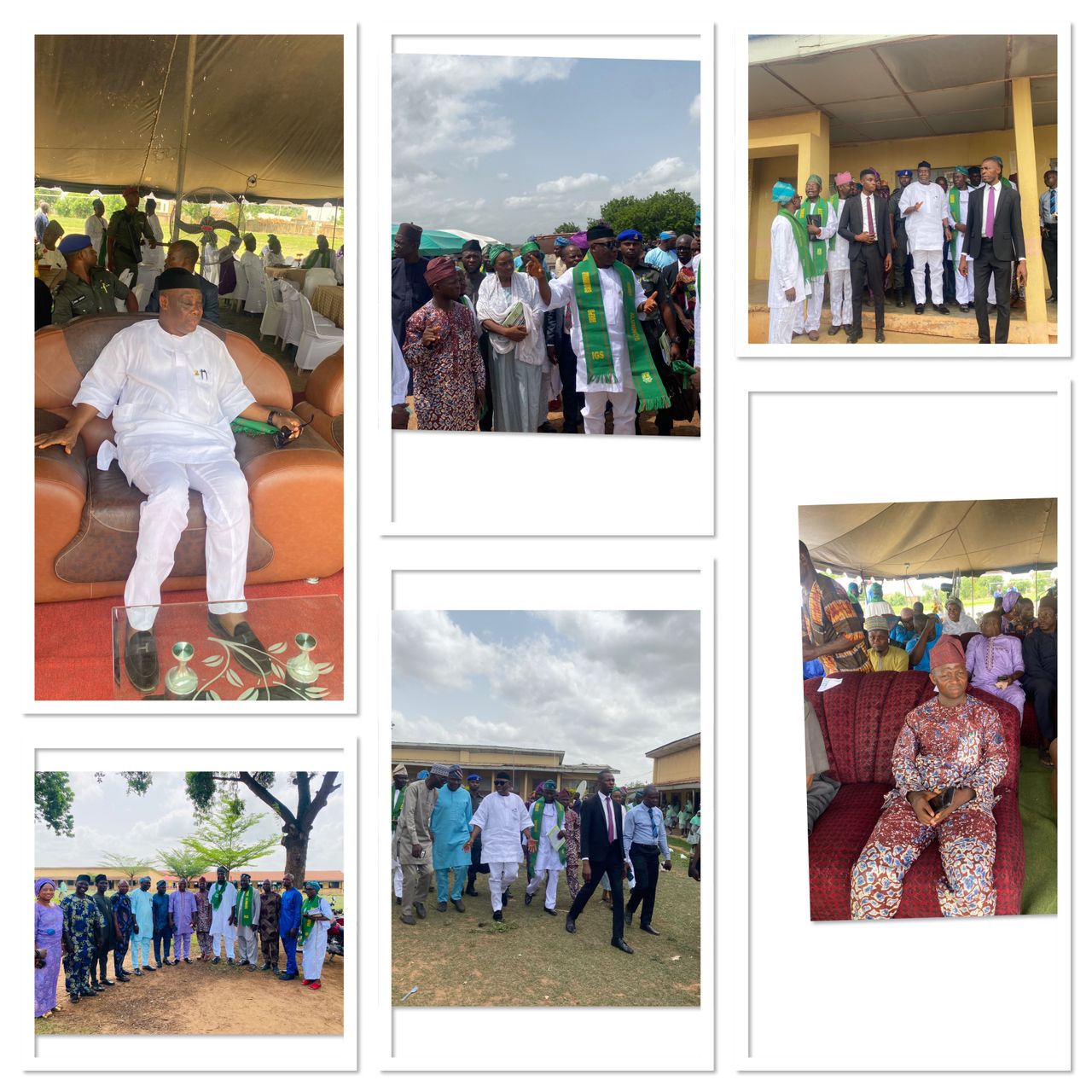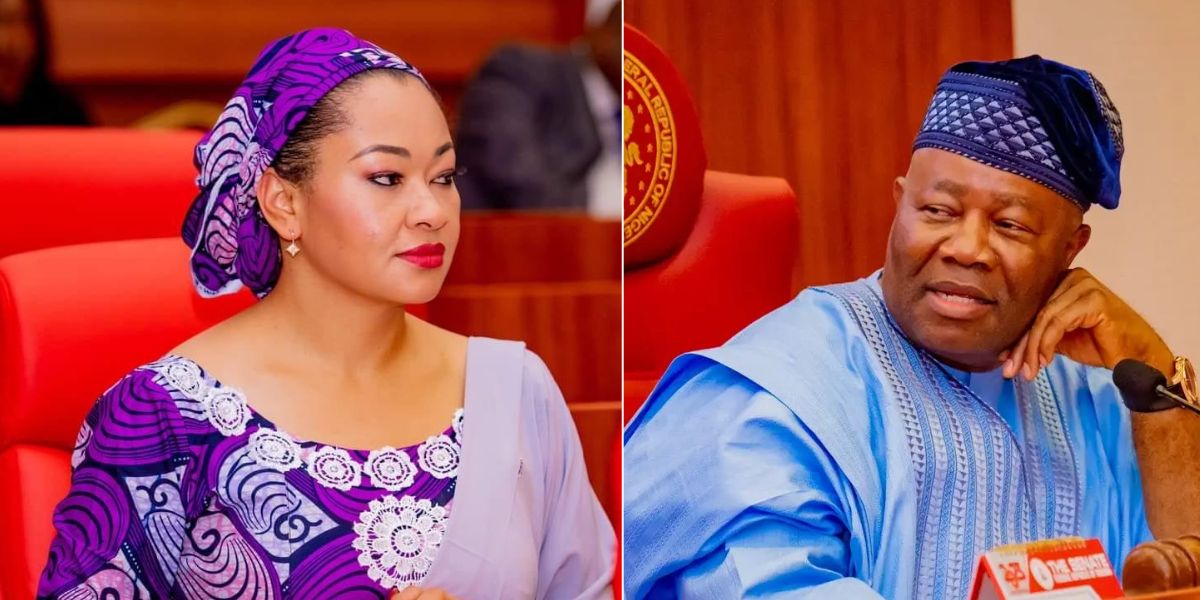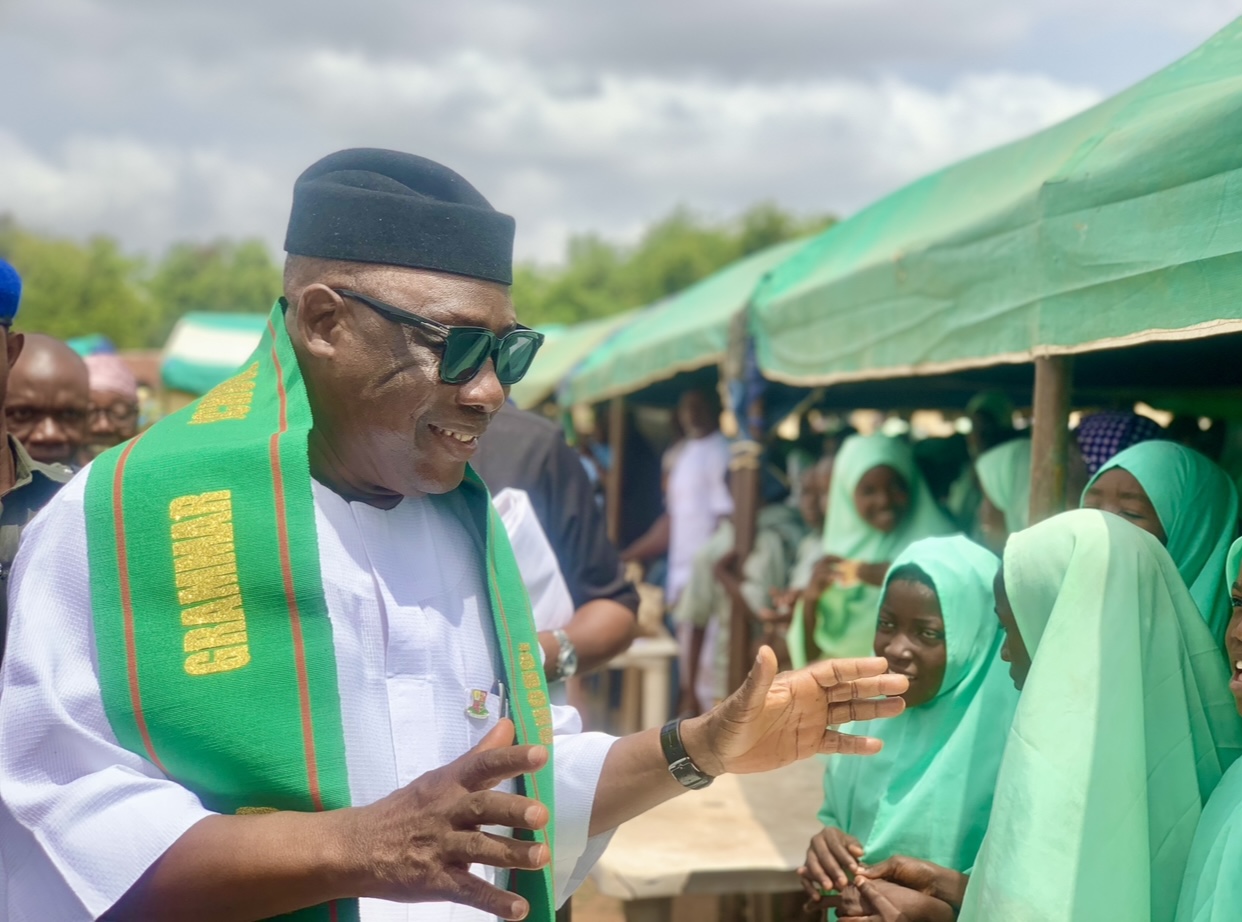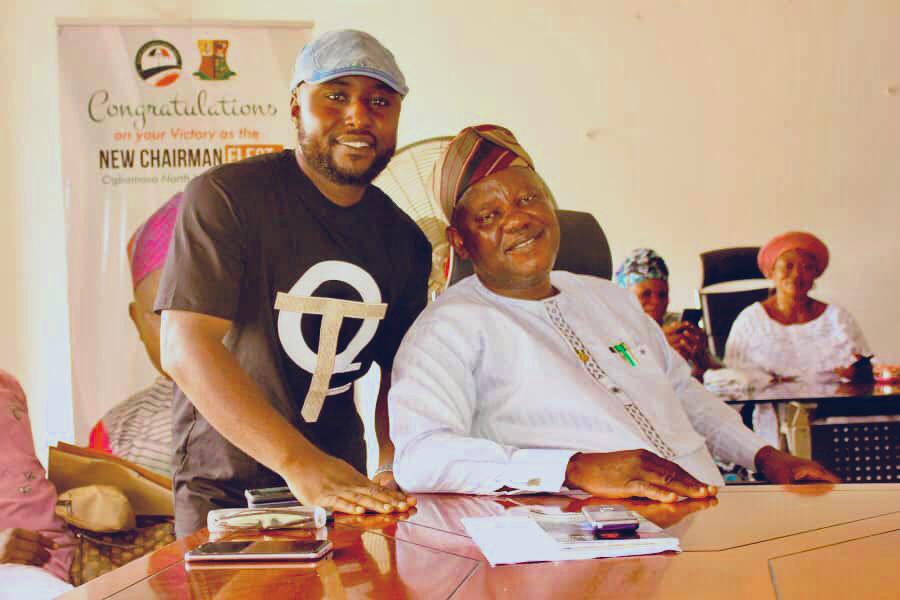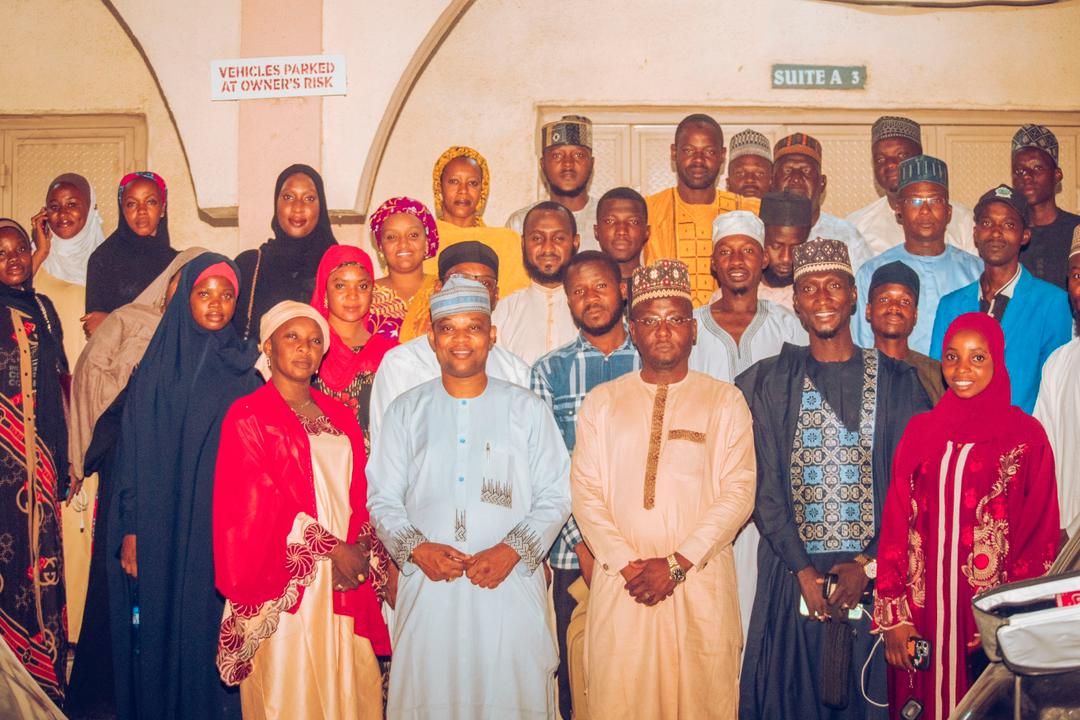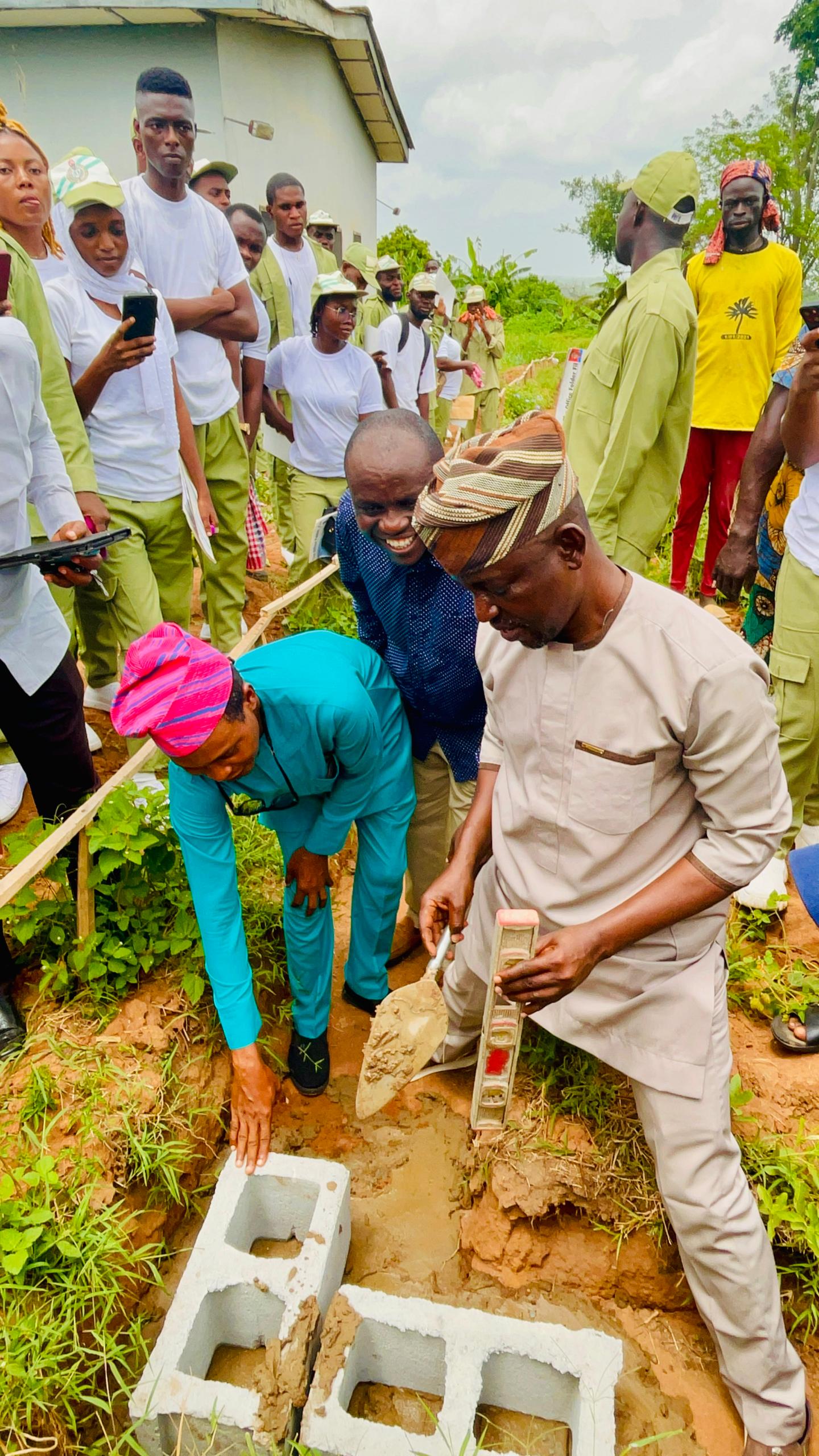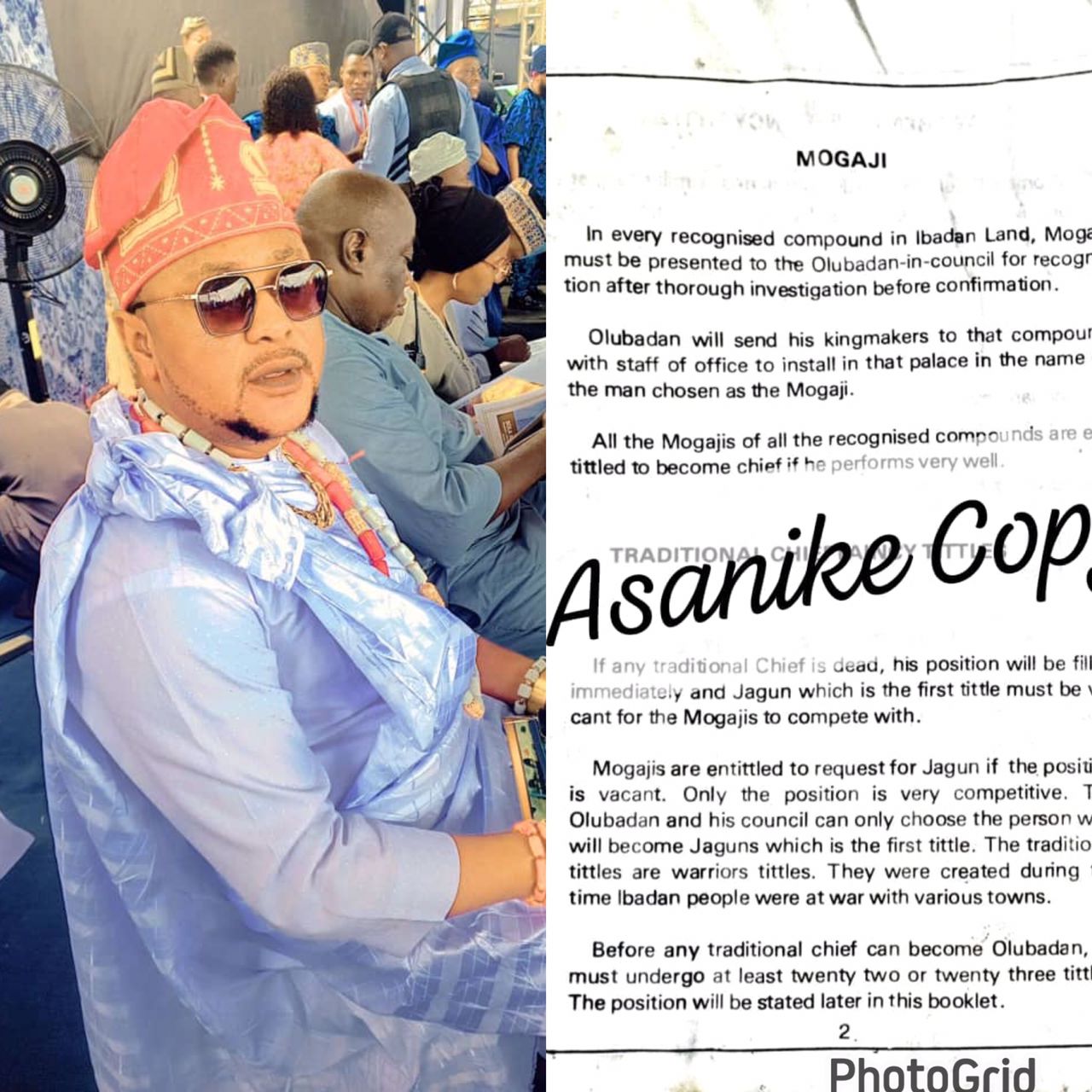Ruling Lines: ‘Bring Back the Glory of Ibadan Chieftaincy,’ Ibadan Prince Appeals to Olubadan, Olubadan-in-Council
An Ibadan-born prince, Asawale Asanike, has made a heartfelt appeal to His imperial Majesty, Oba Akinloye Owolabi Olakulehin, the 43rd Olubadan of Ibadan, to restore the traditional practices related to the line of succession to the revered throne of the Olubadan.
This comes amidst growing concerns about what he describes as the “bastardization” of the cherished cultural heritage unique to the brown-roofed city of Ibadan.
In his passionate plea, Asanike highlighted the deviations from the ancestral customs that have long defined the selection of the Olubadan. He lamented the erosion of these traditions, particularly in the process of appointing Mogaji (family heads), a crucial step in the journey towards kingship.
According to him, the traditional method of appointing Mogaji has been compromised, leading to a decline in the integrity of the chieftaincy system.
“In Ibadan, the ancestral way of appointing Mogaji has been bastardized,” Asanike stated. “The notion that everyone in Ibadan is a potential king—a prince-in-waiting—is not only unfounded but baseless. This misunderstanding has led to the disruption of the once orderly and respected line of succession.”
Asanike reminisced about the historical process of selecting the Olubadan, which originally followed a strictly military line before the introduction of the civil line, a change brought about by modernization. He provided insight into the traditional method, emphasizing the meticulous process involved in recognizing a Mogaji.
“In every recognized compound in Ibadan land, (to reiterate, not houses— Agboole Yato Si Ile), the Mogaji must be presented to the Olubadan-in-council for recognition,” Asanike explained. “This process involves thorough investigation before confirmation. The Olubadan would send the kingmakers to that compound with the staff of office to install the chosen Mogaji in a ceremony held in the compound’s palace.”
The Ibadan Prince however lamented that this process is no longer adhered to, leading to a dilution of the chieftaincy tradition.
Asanike further noted that several prominent compounds in Ibadan have historically produced Olubadans, including Oyetunde 1 & 2, Fijabi 1 & 2, Akere 1 & 2, and Ali Okunmade 1 & 2. These compounds, he stressed, have longstanding and strong historical ties to Ibadan and others of similar relationships should be given due consideration in the line of succession.
In his appeal, Asanike urged the Olubadan and the Olubadan-in-council to ensure that deserving compounds are duly recognized and appointed to the Olubadan throne, particularly within the Balogun line.
He emphasized that these compounds have a historical precedent of producing Olubadans and should not be overlooked when it is their turn.
In his words: “We appeal to our father the present Olubadan to use his good office to promote the prestigious culture and tradition of Ibadan Chieftaincy.
“Any interested party may contest any vacancy in the future that occurs in the Otun line of the Civil line. Additionally, the Olubadan should let the Balogun line be strictly for the deserved IBADAN SETTLERS/ROYAL HOUSES.”
“In 1865, under the administration of Baale Oyesile, a civil line was established to allow wealthy Ibadan residents to join it when their jealousy became too great.
And in order to clear the air regarding my beloved father, HIM LATE OBA YESUFU OLOYEDE ASANIKE 1 of (blessed memory), you can see that Oba Asanike never appointed two mogajis in the same compound. Instead, if the family saw that their mogaji was failing to perform their duties, they would file a petition for removal and install a new one, or if Baba saw that you were desperate to have a chieftancy title, you would be given the title of Oloye eyin Iwe. Baba and his workers knew the slang means Chief Without Certificate.
“My father was the one to introduce the community Baale when those people were killing themselves to put an end to the violence in Ibadan land. To this day, his name was shining in the good book of records.
“In Ibadan land, there are 100 Agboole. However, as of right now, all of their subjects were also claiming the title of mogaji thereby creating houses from compound, which is why there are currently more mogajis.”
The Ibadan-born-Prince however submitted that not all Mogajis in Ibadan have access to enter the line of Olubadan.



